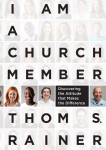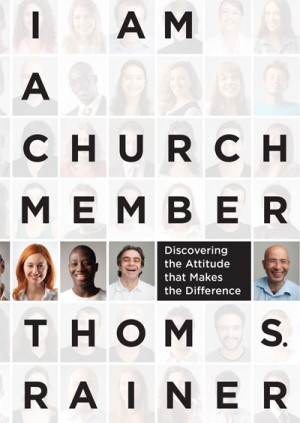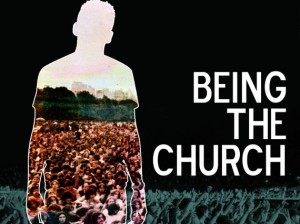Ever have anyone tell you that they have a Word from the Lord for you? BEWARE! Usually, such words from the Lord surprisingly like personal opinion, and usually, the “word from the Lord” benefits or helps the person who shares it with you in some way.

I remember several years ago when my family was moving from one town to another, another Christian in town called up my parents and said that they had a word from the Lord for them. Apparently, God had told this person that my parents should give them their house. My mom responded wisely, I think. She said, “If God wants us to give you our house, He will let us know.” He never did.
Anyway, be careful and wary of people who have words from the Lord for you. Such “words from the Lord” may even be what God meant by “taking His name in vain.“







 Social justice has been a controversial topic in Christian circles for several decades. Part of the controversy is whether or not Jesus taught His followers to practice social justice.
Social justice has been a controversial topic in Christian circles for several decades. Part of the controversy is whether or not Jesus taught His followers to practice social justice. A full explanation would take a full book, but let me see if I can summarize three of the highlights:
A full explanation would take a full book, but let me see if I can summarize three of the highlights: So when it comes to Jesus and His Gospel message, I don’t think He would side with either of the two main groups in the social justice debate.
So when it comes to Jesus and His Gospel message, I don’t think He would side with either of the two main groups in the social justice debate.
 Twice a month our group picks up trash on the streets and in the parks of an inner city neighborhood. We also try to smile and greet everyone who passes. Over the past few years this has resulted in some amazing conversations with people who hate churches and would never dream of attending one.
Twice a month our group picks up trash on the streets and in the parks of an inner city neighborhood. We also try to smile and greet everyone who passes. Over the past few years this has resulted in some amazing conversations with people who hate churches and would never dream of attending one. Twice last summer our group cleaned one block sections of alleys. The first one was the dirtiest and most overgrown alley in that inner city neighborhood, and took us several mornings to complete. At the end of the final morning, we shared lunch together and invited the neighbors whose houses backed up to the alley. A few joined us, and a long term relationship was formed with one family.
Twice last summer our group cleaned one block sections of alleys. The first one was the dirtiest and most overgrown alley in that inner city neighborhood, and took us several mornings to complete. At the end of the final morning, we shared lunch together and invited the neighbors whose houses backed up to the alley. A few joined us, and a long term relationship was formed with one family. Graffiti is a significant problem in most inner city neighborhoods. After checking with the city, we found that many areas have a group that volunteers to paint over graffiti. However, most groups have very few volunteers and are always on the lookout for people who will help. The job requires old clothes and an hour or two of time. This is also an opportunity to engage people in the neighborhood in conversation as they walk by or when they come out of their homes to say thank you.
Graffiti is a significant problem in most inner city neighborhoods. After checking with the city, we found that many areas have a group that volunteers to paint over graffiti. However, most groups have very few volunteers and are always on the lookout for people who will help. The job requires old clothes and an hour or two of time. This is also an opportunity to engage people in the neighborhood in conversation as they walk by or when they come out of their homes to say thank you. Want to be the church in your community but don't know? Here are some posts which not only explain what it means to be the church in your community, but also gives concrete, practical examples of what it looks like and how to be the church whatever you do and wherever you go.
Remember, you ARE the church, and wherever you go, Jesus goes with you!
Want to be the church in your community but don't know? Here are some posts which not only explain what it means to be the church in your community, but also gives concrete, practical examples of what it looks like and how to be the church whatever you do and wherever you go.
Remember, you ARE the church, and wherever you go, Jesus goes with you!

 The Christian crusades of the Middle Ages were one of the greatest evils ever carried on in the history of the world. Oh, I know, I know. It was nothing compared to the holocaust, right? The crusades were just wars where one country was trying to get land from another country, right?
The Christian crusades of the Middle Ages were one of the greatest evils ever carried on in the history of the world. Oh, I know, I know. It was nothing compared to the holocaust, right? The crusades were just wars where one country was trying to get land from another country, right? I read one person who said, “They’re gay and under the curse of God!” WHAT? Even if that were true (it isn’t), that gives you the right to kill them? Such an idea is Satanic.
I read one person who said, “They’re gay and under the curse of God!” WHAT? Even if that were true (it isn’t), that gives you the right to kill them? Such an idea is Satanic.